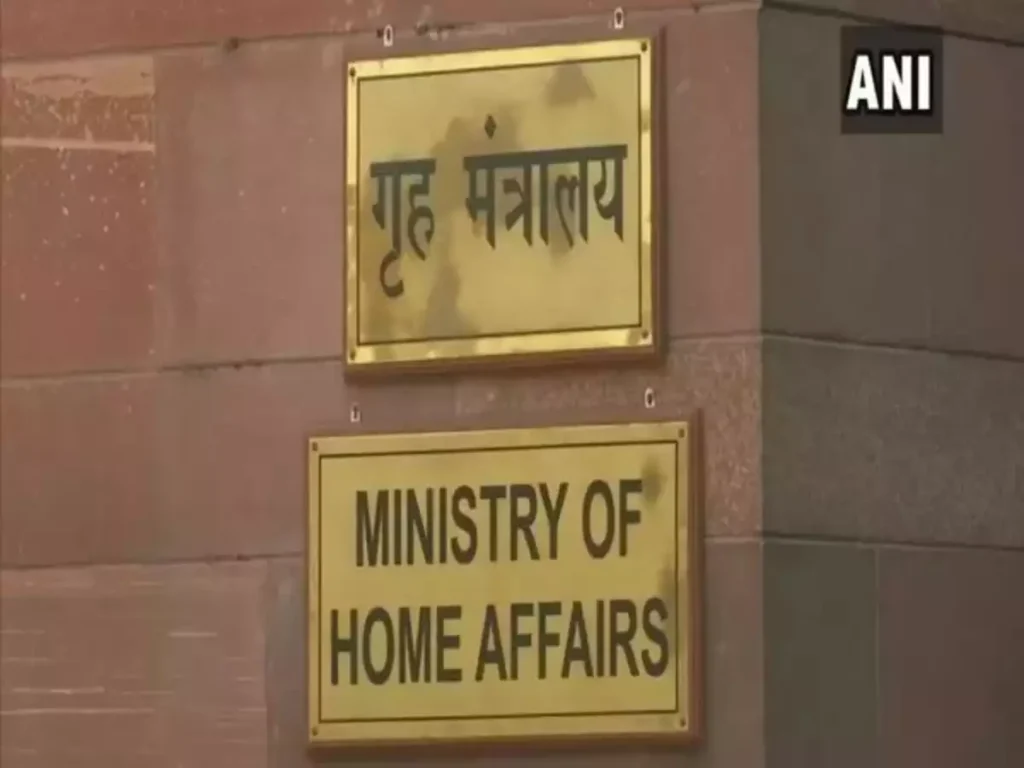The Union Home Ministry has extended the ban on the Hynniewtrep National Liberation Council (HNLC), a Meghalaya-based insurgent group, for an additional five years. This decision comes in light of the group’s continued involvement in activities deemed detrimental to India’s sovereignty and integrity. The move is aligned with the Unlawful Activities (Prevention) Act (UAPA), following a recommendation from the Meghalaya government.
HNLC’s History and Objectives
The Hynniewtrep National Liberation Council (HNLC) was formed in 1992 with a secessionist agenda aimed at establishing an independent state for the Khasi-Jaintia tribes in Meghalaya. Over the years, the group has been associated with violent insurgency, including bombings, assassinations, and extortion.
The HNLC has targeted non-tribals in Meghalaya and frequently opposed government policies, claiming they undermine the rights and identity of the indigenous Khasi-Jaintia population. While the group once held significant influence in the region, government crackdowns and waning public support have weakened its operational capabilities.
Reasons for the Ban
The Union Home Ministry has cited several reasons for the continued ban on the HNLC:
- Threat to Sovereignty and Integrity: The group’s secessionist demands directly challenge India’s territorial integrity.
- Criminal Activities: HNLC has been involved in extortion, coercing local businesses and individuals for financial gain, thereby disrupting economic stability in the region.
- Withdrawal from Peace Talks: Earlier this year, the HNLC withdrew from peace negotiations with the central government, signaling its unwillingness to resolve disputes through dialogue.
- Violent Incidents: Despite being weakened, the group has been linked to sporadic acts of violence, posing a security risk to Meghalaya and neighboring states.
The Meghalaya government’s recommendation under the UAPA reflects the gravity of the situation, emphasizing the need to curb the HNLC’s activities to maintain law and order.
Impact of the Ban
The extension of the ban on HNLC is expected to have several implications:
- Increased Surveillance: Security forces will intensify their monitoring of the group’s activities, including financial transactions and communication networks.
- Crackdown on Supporters: Individuals and organizations suspected of aiding or abetting the HNLC will face legal action under the UAPA.
- Improved Security: The ban aims to ensure peace and stability in Meghalaya by deterring insurgent activities.
While the ban curtails the group’s operations, experts note that addressing the root causes of insurgency—such as unemployment, socio-economic disparities, and ethnic grievances—remains crucial for long-term peace.
HNLC’s Withdrawal from Peace Talks
The HNLC’s withdrawal from peace talks earlier this year marked a significant setback in efforts to resolve the insurgency through dialogue. The group accused the government of failing to meet its demands, including amnesty for its leaders and recognition of its political agenda.
However, the government has maintained that peace negotiations must occur within the framework of the Indian Constitution, rejecting any conditions that compromise national integrity.
The Role of the UAPA
The Unlawful Activities (Prevention) Act (UAPA) empowers the government to declare organizations as unlawful if they pose a threat to national security. Under this act, the ban on HNLC includes:
- Prohibition of Activities: The group’s operations, including fund-raising and recruitment, are deemed illegal.
- Asset Freezing: Financial accounts and properties linked to the HNLC can be seized or frozen.
- Legal Penalties: Members and supporters of the group may face severe legal consequences, including imprisonment.
The UAPA has been a key tool in India’s counter-insurgency strategy, enabling the government to dismantle networks of organizations like the HNLC.
Public and Political Reactions
The extension of the ban has garnered mixed reactions:
- Supporters: Many residents and political leaders in Meghalaya support the decision, citing the need for peace and development in the region. The move is seen as a firm stand against insurgency and violence.
- Critics: Some activists argue that the ban alone is insufficient, calling for greater efforts to address the socio-political issues driving insurgency in the Northeast.
Government’s Commitment to Peace
The Indian government remains committed to fostering peace in Meghalaya and the larger Northeast region. In recent years, it has engaged in dialogue with various insurgent groups, offering rehabilitation packages and opportunities for surrender.
Union Home Minister Amit Shah has emphasized the importance of integrating the Northeast into the national mainstream through infrastructure development, economic initiatives, and cultural outreach. Programs such as the “Act East Policy” aim to boost connectivity and trade in the region, addressing some of the socio-economic factors fueling unrest.
The five-year extension of the ban on the Hynniewtrep National Liberation Council (HNLC) reflects India’s resolute stance against insurgency and secessionist movements. While the ban curtails the group’s activities, achieving lasting peace in Meghalaya will require a comprehensive approach that includes addressing socio-economic disparities, promoting dialogue, and fostering trust between the government and local communities.

